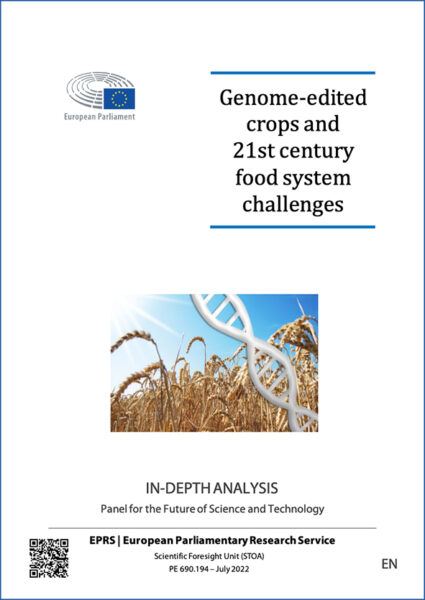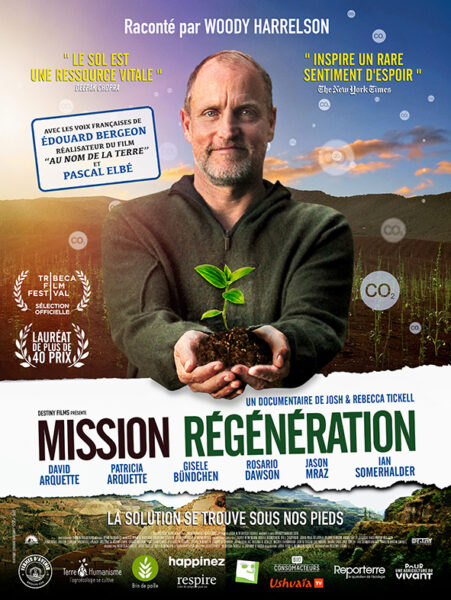Genetically modified organisms (GMOs) are at the heart of important controversies in the scientific world. But the stakes go far beyond that, as is demonstrated here by Pierre-Benoit Joly. Questions of a more political nature arise, such as what vision of the world one wishes to see prevail in the future, both in the agricultural realm and in the much wider matter of the sustainable development of the planet.
Recalling, first, how regimes of innovation in the plant world have evolved over time, Joly stresses that we have moved from traditional skills and practices to an initial regime of innovation based on state agronomists and seed companies, which has itself evolved towards a “molecular, private, globalized” regime of innovation heavily encouraged by the granting, in the 1980s, of permission to patent living organisms. This has led to agricultural markets becoming tied up to a large extent by a number of major companies and to research being focussed on a small number of species and on GMOs. However, this commitment to GMOs has given rise to much criticism, involving the leaders of the “biotech oligopoly” in a crisis of legitimacy. Hence the efforts made by these parties over several years to legitimate their enthusiasm for GMOs both economically and politically.
It is to this “techno-political” work of legitimation that Pierre-Benoit Joly turns in the second part of his article. Thanks to the privatization of innovation and the globalization of activities, the big biotech multinationals are gradually winning acceptance for their view of the world, by way, among other things, of co-production of the regulation of the risks inherent in innovations (the emergence of a “soft law” lowering the level of mandatory constraint by states) and by intensive lobbying within public institutions and the establishment of “epistemic communities” (networks aimed at bending international law in their direction). Joly shows, lastly, how these players – and particularly Monsanto, which he studies more specifically here – are privatizing the notion of sustainable development in agriculture (by way of ethical charters, for example), so as to make their activities essential to its attainment. This is an “enlistment” operation that is very well described here, though it can still be countered when its workings are properly understood.


